Movies News Talk
The Lincoln Lawyer: Realistic Legal Drama or Hollywood Hype?
Is The Lincoln Lawyer a Realistic legal drama? Let's Examine 7 Key Aspects!
The Lincoln Lawyer: Where Legal Realism Meets Thrilling Storytelling
Netflix's The Lincoln Lawyer, based on Michael Connelly's books, is a hit for a reason! It brings intense legal battles to life, yet with enough accuracy to make the show seem realistic, at least most of the time. It follows defense attorney Mickey Haller, who operates from the back of his Lincoln car. He's got this amazing record: almost always winning. The series however, like many others uses creative license, because those plot points simply must move to create enjoyable storytelling; creating something incredibly engaging yet very loosely tied to legal accuracy and many viewers may not realize these subtle differences from reality.
Courtrooms aren't always exciting! Real cases are slow and incredibly detailed. But The Lincoln Lawyer finds that amazing balance–intense legal battles, yet mostly accurate representations of courtroom procedures and details surrounding legal elements, especially surrounding the realities of those court processes, emphasizing why so many people genuinely enjoyed this title.
7 Things The Lincoln Lawyer Gets Surprisingly Right (and Some It Doesn't!)

7. Bail and Special Circumstances: A Matter of Life, Liberty, and the Court Schedule
The Lincoln Lawyer season 2: Lisa Trammel, surprisingly, is eligible for bail! However, in season 3, Julian La Cosse isn't. Why the difference? Special circumstances modify murder charges and dramatically impact the possibility for bail. A special circumstance related to death via arson, impacting Julian's fate because the victim died due to that specific event, changing the initial criminal charges and thus eliminating any chance of securing bail in LA County. Other types of murder might have $2 million bail amounts – showing another aspect highlighted – this makes clear how many different cases could be handled using many different legal procedures!
That bail amounts change wildly from county to county; and that states may also modify laws, adding different legal processes, changing these cases profoundly!
6. Discovery: The Prosecution's Duty to Share the Goods (Mostly…)

Mickey complains (season 3) about missing evidence. That’s entirely realistic; that legal detail and requirement, is really important! The prosecution must provide evidence (minus certain strategies; called “work product”) with enough time for a decent defense. It guarantees fairness. The flipside; the defense providing this same information differs drastically between legal regions, and sometimes isn’t even required!
These procedures and legal details, mentioned explicitly highlight exactly the many rules surrounding various case events: This is something usually glossed over by many productions that lack this specific detail; highlighting just how nuanced this legal system truly is. The specific interactions are more than plot; showing just how incredibly crucial those interactions really are to produce that nuanced approach used throughout The Lincoln Lawyer.
5. Judicial Bias: Judges Aren't Always Impartial (Surprise!)
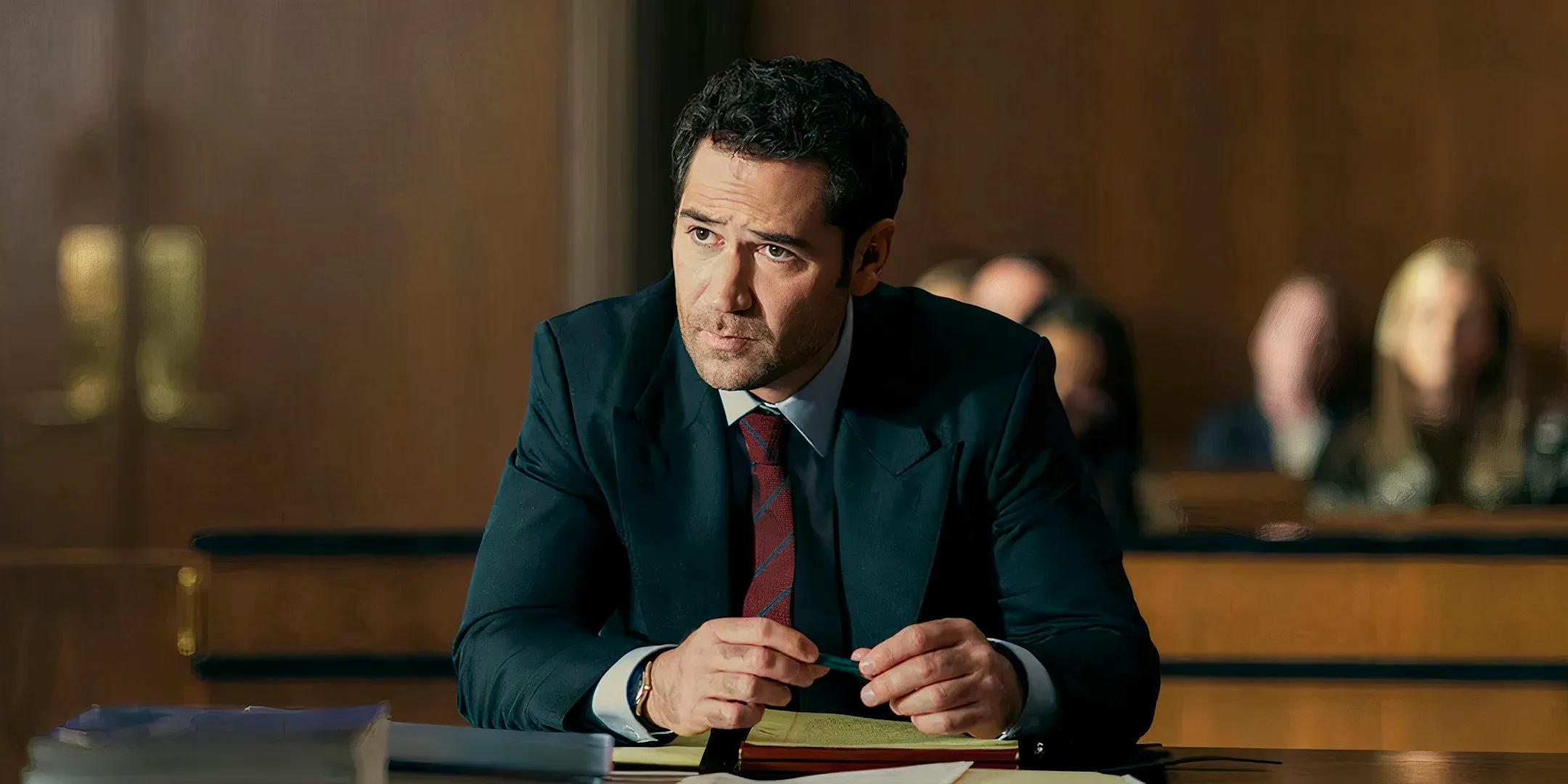
The Lincoln Lawyer season 3 cleverly highlights something viewers don't usually see in other productions! Judicial bias! Both sides acknowledge it; these aspects completely affect this particular show's narrative, using that specific background of judges to affect how characters use that available information to craft effective and useful strategies within the legal systems; emphasizing how truly real this can become. Judges—being human—have implicit and explicit biases which could, no matter how hard one might try, truly negatively impact how the process works. Some locations do include mandatory bias training!
This point is more important and crucial in those later legal developments and the intense storyline featured in this season; further showing that just recognizing certain human flaws does not stop its use within the process; highlighting this reality is critical, and The Lincoln Lawyer makes that key detail extremely clear, adding intense credibility and value.
4. Slow Court Cases: Murder Trials Don't Happen Overnight!
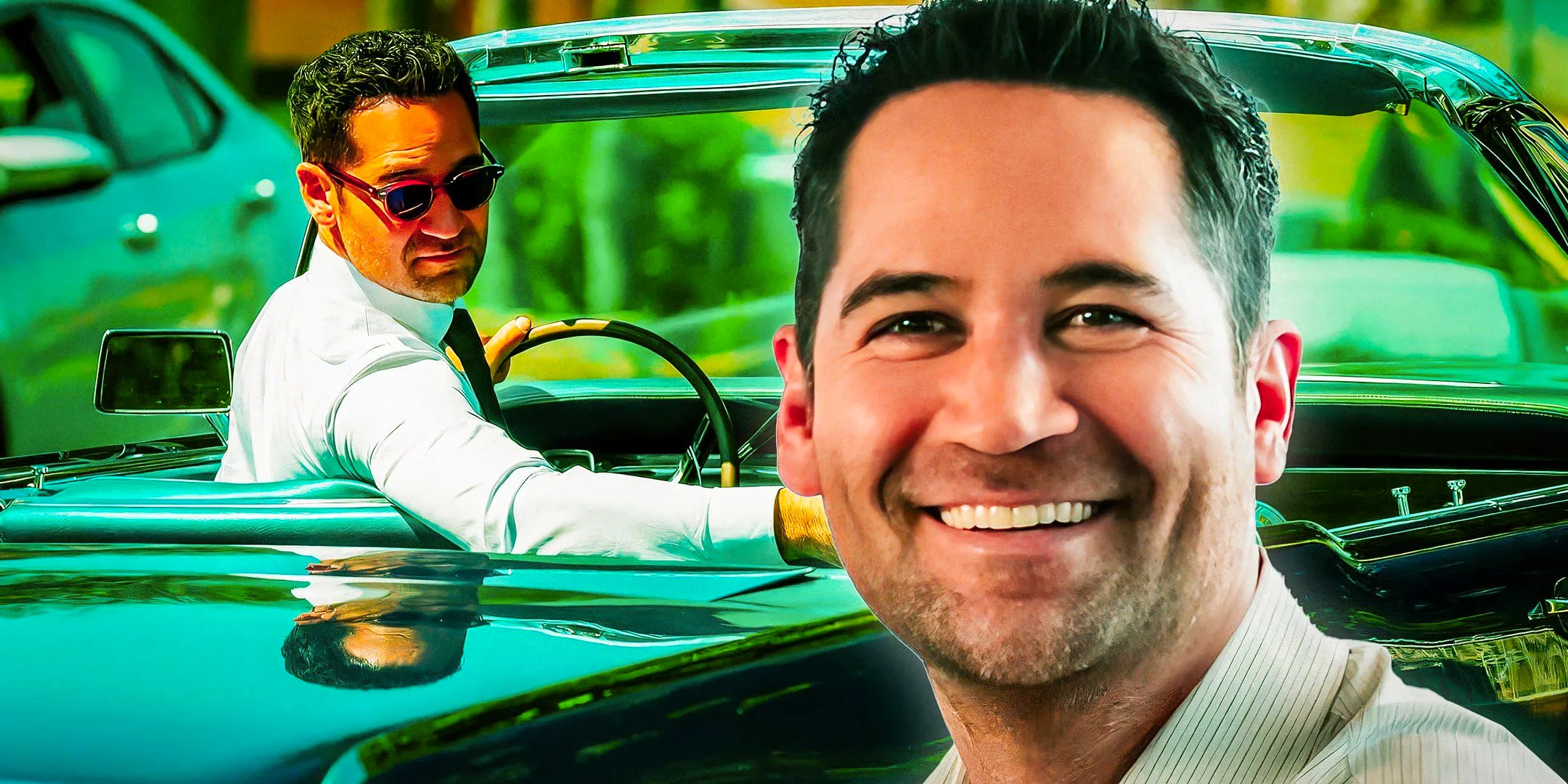
Mickey correctly notes (season 3): murder trials take ages – eight to nine months to get to trial; in LA County! This highlights just how inaccurately legal proceedings are shown and usually misrepresented in some very crucial areas, often overlooking how immense and prolonged those processes often require, because a trial does not happen the same way across regions. He then goes and notes something important; those shorter times are possible in California–and those points become very valuable! He seemingly used strategies to utilize the available timeline provided by the judicial process in that state.
3. Mistrials and Outbursts: When Things Get Messy (and Realistic)
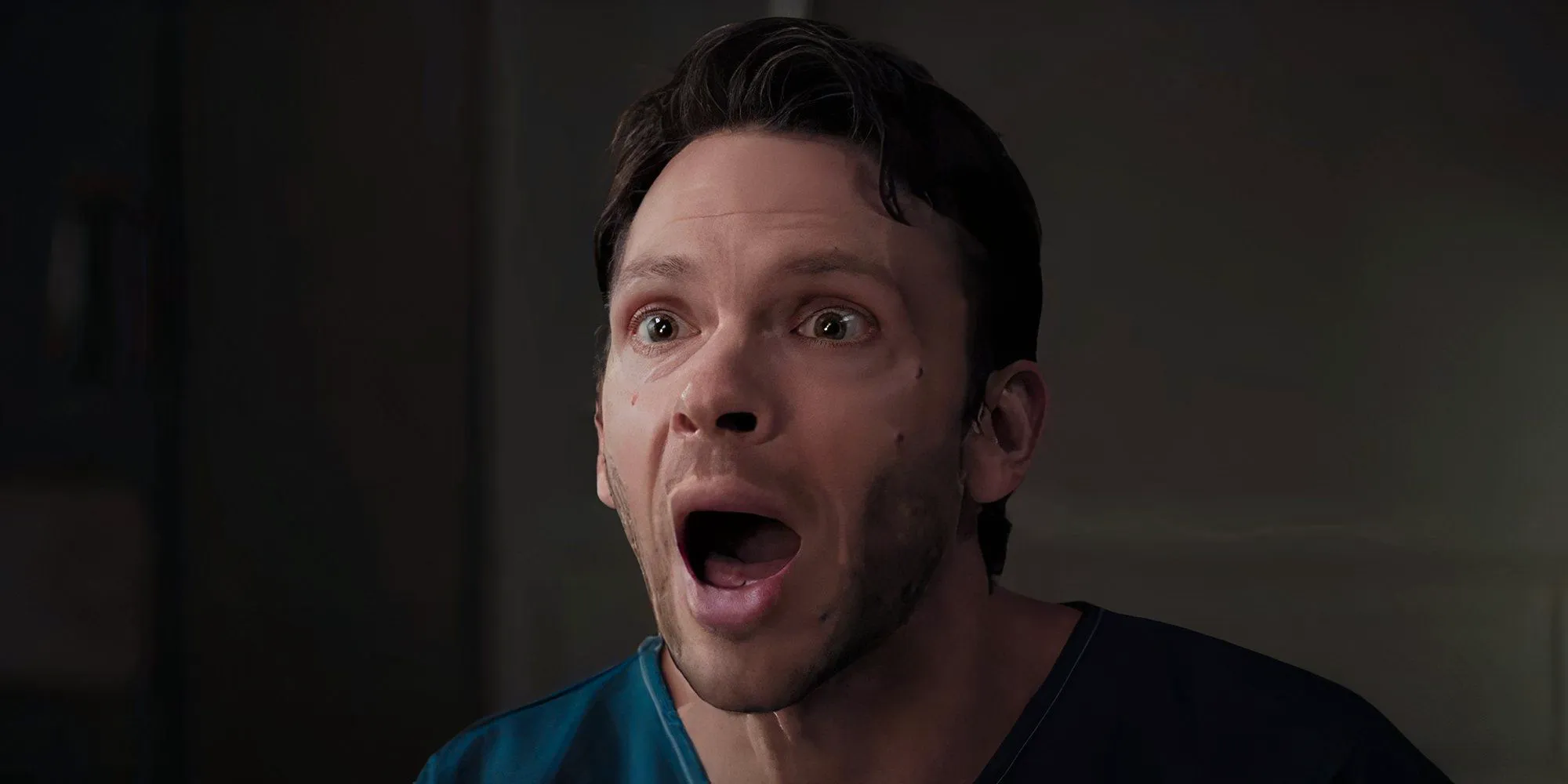
A super tense moment early in season 3 shows just how intense this kind of process really is: A client's violent outburst! This results in blood and the scaring of jury members and it is noteworthy to those who are aware of this procedural detail! A mistrial is granted because that jury became biased and an unbiased trial becomes impossible – this showcases a very real possibility inherent in the court proceedings and this legal aspect shown isn't frequently shown by most legal shows! Some events could result in removals; judges offering apologies could allow the proceeding to continue.
2. The Judge's Gavel: Ruling on Witnesses and Evidence
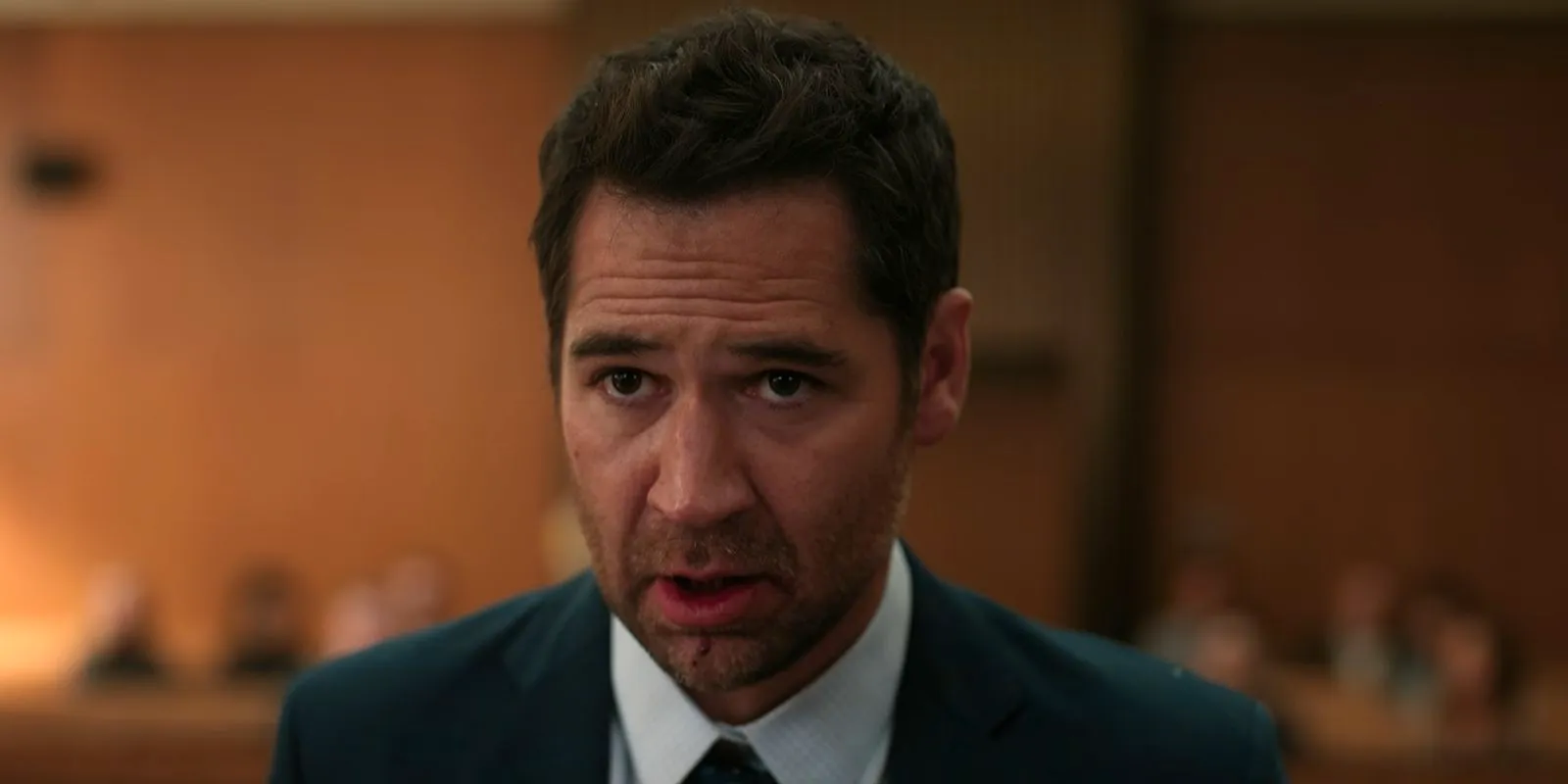
Judges decide EVERYTHING; and The Lincoln Lawyer makes this key part of the court process incredibly clear. They review witnesses and decide if they’re relevant. This was seen many times. The video evidence shown was screened carefully; decisions are made: allow or reject. Judges also use "blanking"—viewing things privately (with lawyers), to later make a judgement regarding the evidence.
These moments demonstrate something most other legal dramas conveniently forget. Highlighting this judicial power adds realism to a story and enhances the narrative by highlighting a very key legal process used for several cases which could've been handled in many ways depending upon judicial prerogatives.
1. The Juggling Act: Multitasking Lawyers in a High-Pressure World
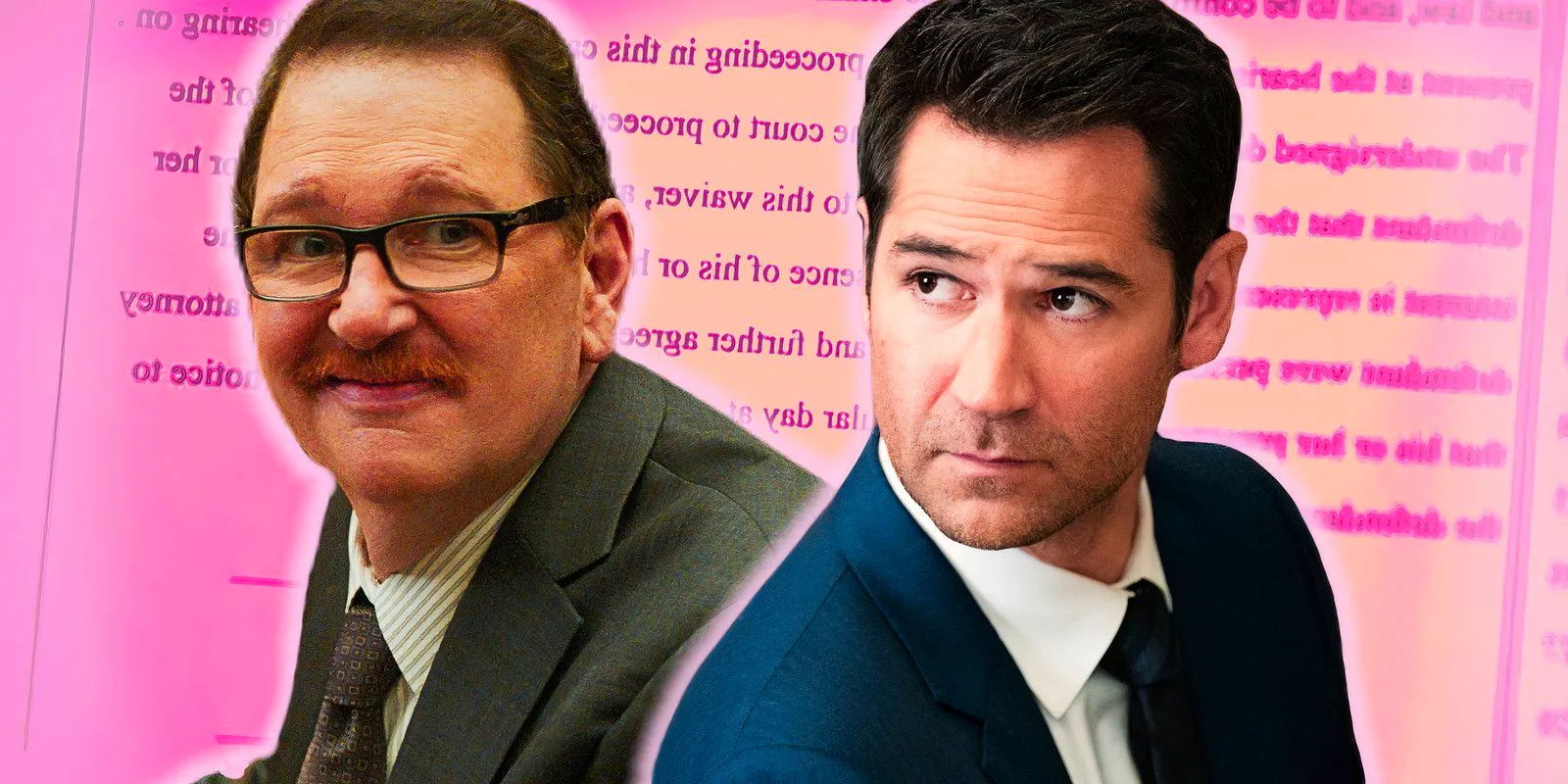
Unlike some legal dramas focusing only on one case at once–this series also shows Mickey and Lorna juggling tons of cases. This makes the series incredibly complex and requires an entirely different type of effort from actors who need to remember many plots at once! But the show gets this completely right! Lawyers have dozens (even hundreds) of cases. Those plots usually show one small slice that often doesn't portray the daily life that comes from those jobs! The fast pacing; juggling different plot points simultaneously makes a big difference and showcases just how demanding these professions often can be for those lawyers.
Conclusion: The Lincoln Lawyer: A Mostly Accurate Yet Entertaining Blend of Fact and Fiction
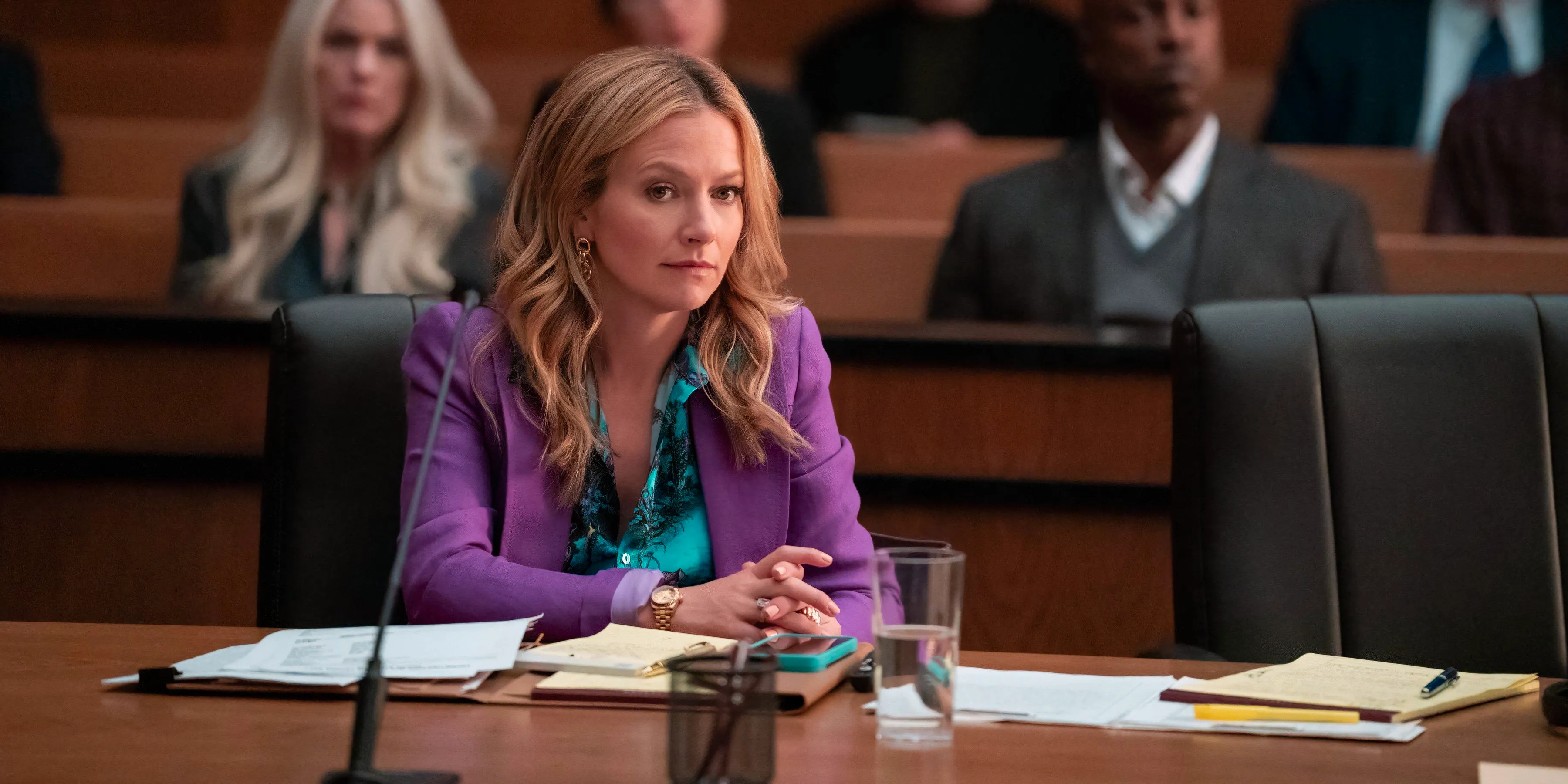
The Lincoln Lawyer successfully navigates legal complexities, using real-world procedures, yet makes adjustments needed for great storytelling. While many of the moments discussed highlight those interesting legal subtleties usually hidden from view in most court dramas and this attention adds greatly to its overall authenticity; creating something incredibly satisfying which only someone aware of legal realities could appreciate fully! Its commitment to realistic elements within this courtroom context separates it from the crowd. A well-balanced drama that’s both engaging and educational!
- Garfield 30th Anniversary: Top 10 Funniest Comic Strips
- Ghost Rider MCU Redesign: Glenn Fabry's Vision for the Spirit of Vengeance
Related Articles
- Garfield 30th Anniversary: Top 10 Funniest Comic Strips
- Marvel's NEW She-Hulk: Lejori Joena Zakaria in Ultimates #3!
- Death of Copra #1: The End of an Indie Superhero Masterpiece
- Batman vs. Daredevil: Tech vs. Superpowers - Who Wins?
- Wonder Woman vs. Superman: Dead Earth's Shocking Fight to the Death
- Stardew Valley's 10 Weirdest Hidden Items: Discover the WTF Treasures!
- Woman of the Hour: Unmasking the Dating Game Killer's Dark Secrets
- Doctor Doom vs. Thanos: Power Levels Compared in the MCU
- Naboo's Return in Star Wars: Mandalorian Era Theory Explored
- The Walking Dead: Daryl Dixon - Isabelle's Death: A Massive Mistake?
- Star Wars: Skeleton Crew – New Images & December Premiere Date!
- The Lincoln Lawyer: Realistic Legal Drama or Hollywood Hype?
- The Lincoln Lawyer Season 3: Will Mickey and Andrea Become a Couple?
- Daryl Dixon in Japan? Walking Dead Spin-off's Next Big Move!
- Star Wars: Skeleton Crew – Is Jude Law's Character a FAKE Jedi?
- Creature Commandos Trailer: James Gunn's R-Rated DCU Animated Series
- American Sports Story: Aaron Hernandez Acquittal and the Controversial Depiction
- Dune: Prophecy – Book Accuracy, New Storylines, and Expanding the Dune Universe
- Dune: Prophecy – Can It Survive Without Denis Villeneuve?
- Dune: Prophecy - Bene Gesserit Origins & Differences from Villeneuve's Films